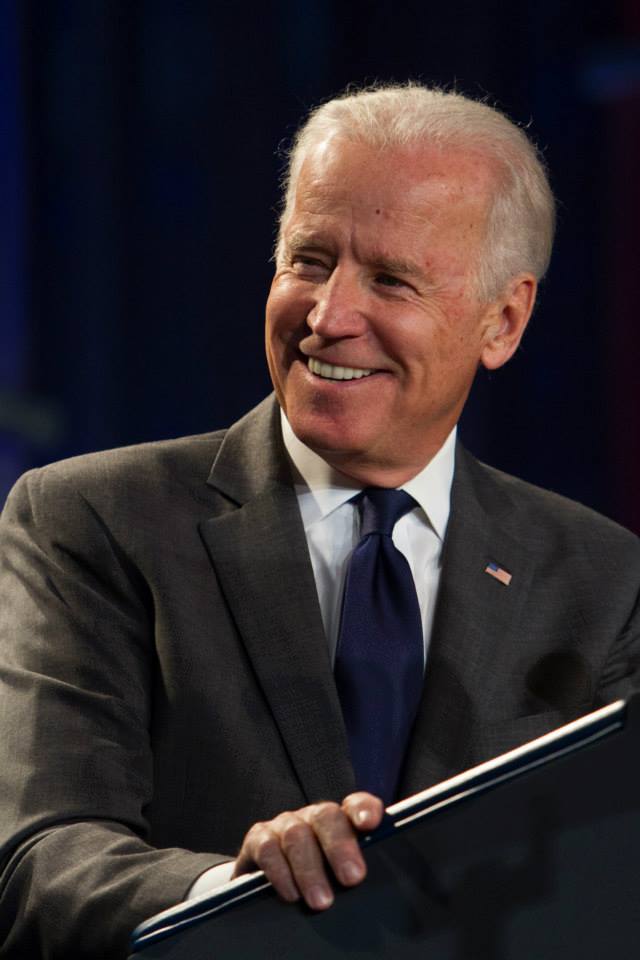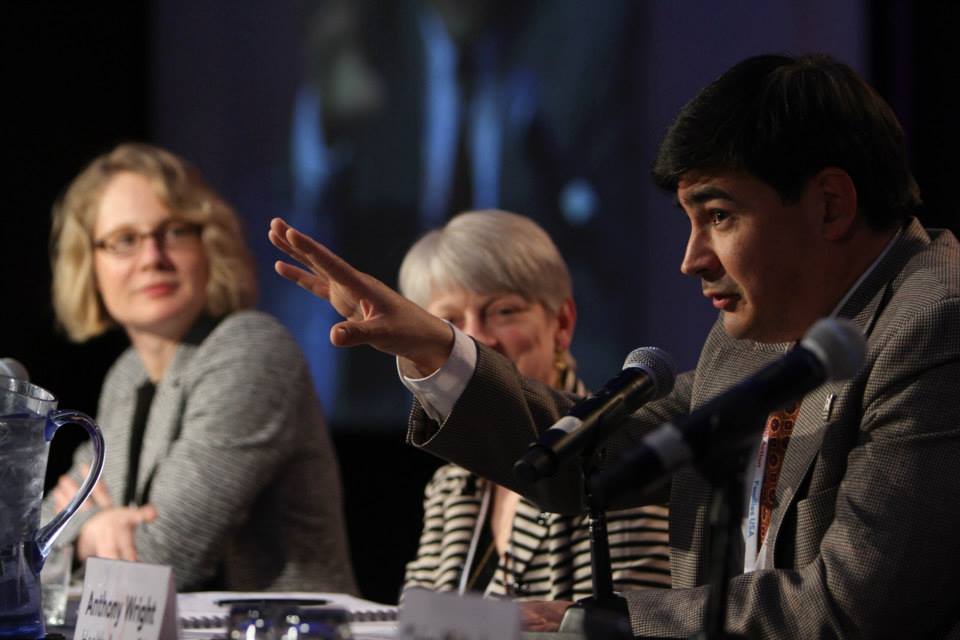At a national gathering of healthcare advocates, I saw the heart and soul of healthcare reform. There’s no stopping us now.
If you could have seen what I saw at the Health Action conference, you’d be as confident as I am about the future of healthcare in America.
 Every year, Families USA brings together healthcare advocates and experts at their Health Action conference to discuss the current opportunities and challenges in American healthcare. Last year, the emphasis was on getting the Affordable Care Act (ACA), or Obamacare, up and running. This year, the focus is on what went right, what could have gone better — and what’s next in getting more people access to affordable, quality healthcare, while improving the health of all Americans.
Every year, Families USA brings together healthcare advocates and experts at their Health Action conference to discuss the current opportunities and challenges in American healthcare. Last year, the emphasis was on getting the Affordable Care Act (ACA), or Obamacare, up and running. This year, the focus is on what went right, what could have gone better — and what’s next in getting more people access to affordable, quality healthcare, while improving the health of all Americans.
Health Action 2014 started on a celebratory note, with opening remarks by Vice President Joe Biden, followed by San Antonio Mayor Julián Castro and policy journalist Ezra Klein.
Vice President Biden said there were three reasons he came to address the conference:
I wanted to. The President wanted me to. And on behalf of the President and me, I wanted to say ‘thank you.’ … Your voices helped pass the most comprehensive health reform law in our history. … We have turned the page. We will not go back. America will not go back.
He’s right. We will not go back to a time when one serious illness could drive a family into bankruptcy. We will not go back to a time when people had to choose between buying groceries or going to the doctor. We will not go back to a time when people with pre-existing conditions could be denied coverage, or people who got sick could be cut off by their insurance company when they needed coverage the most.
As Families USA Executive Director Ron Pollack and VP Biden both said: “Healthcare is no longer a privilege. It’s a right.”
Of course, not everyone has that right just yet. Millions in Texas, for example, remain uninsured, as Mayor Castro reminded us. But he and advocates in Texas and other Republican-led states that refused to expand Medicaid are working hard to change that. They see the cost, both human and economic, of not extending healthcare to as many people as possible.
When he hit the stage, Ezra Klein delighted the crowd with his opening comment, “How’s it going, healthcare nerds?” But he had some serious thoughts to share about the work we still have to do, which includes continuing to enroll people in coverage under the ACA.
I’m not the person that American politics needs to be most concerned about. That’s morally backward. It’s not a win in healthcare if we enroll all the healthy 30-year-olds but don’t enroll all the people who need care right now. … Healthcare reform is no longer a political abstraction. Now it’s about making the law work.
The real work, Klein said, is going to happen at the state level — with Kentucky being a shining example of it working well. Kentucky has gone from having more than 600,000 uninsured citizens to getting 175,000 people signed up so far through their state marketplace. As Governor Steve Beshear explained, it came down to doing the right thing.
I don’t have time for all the political craziness that goes on. I’ve got a job to do: take care of 4.3 million Kentuckians. This is not about Democrats or Republicans. It’s about human beings.
In general sessions and workshops, learning about success stories like these — and the strategies that made them possible — gave other advocates the tools to keep working to overcome barriers of partisan politics and misinformation.
 We heard about patients who are benefiting from new coverage — and, in the words of Vice President Biden — now have peace of mind and can tell their kids “It’s going to be okay.” We heard from the advocates who fought and are still fighting to get people access to healthcare. We heard from innovators in healthcare delivery, and we saw what the future of our system can be: better care and better health, available to every American.
We heard about patients who are benefiting from new coverage — and, in the words of Vice President Biden — now have peace of mind and can tell their kids “It’s going to be okay.” We heard from the advocates who fought and are still fighting to get people access to healthcare. We heard from innovators in healthcare delivery, and we saw what the future of our system can be: better care and better health, available to every American.
Michigan was featured in a workshop entitled “Expanding Medicaid Through Waivers.” Jan Hudson, senior policy analyst at the Michigan League for Public Policy, explained how a coalition of businesses, healthcare providers, advocacy groups and others helped pass Medicaid expansion in Michigan, winning over reluctant Republicans.
Michigan was also in the spotlight at the awards luncheon, where Dizzy Warren, community outreach director of Michigan Consumers for Healthcare and project director for Enroll Michigan, was honored with the Health Equity Advocacy award for her work educating Michiganders on their coverage options.
In the closing session, Texas State Senator and Families USA Board member Leticia Van de Putte gave rousing remarks that both celebrated and motivated the audience of advocates.
In my eyes, and the eyes of those you help, you are noble. … You are punching holes in the darkness of despair. You are punching holes where there has been no hope before.
In every state, the work isn’t done yet. But if everyone at the Health Action conference went home feeling as energized and engaged as I do, there’s nothing we can’t accomplish.
Improving healthcare quality and access didn’t begin with the ACA and it won’t end there. And the healthcare nerds wouldn’t have it any other way.
[Photos courtesy of Families USA]



